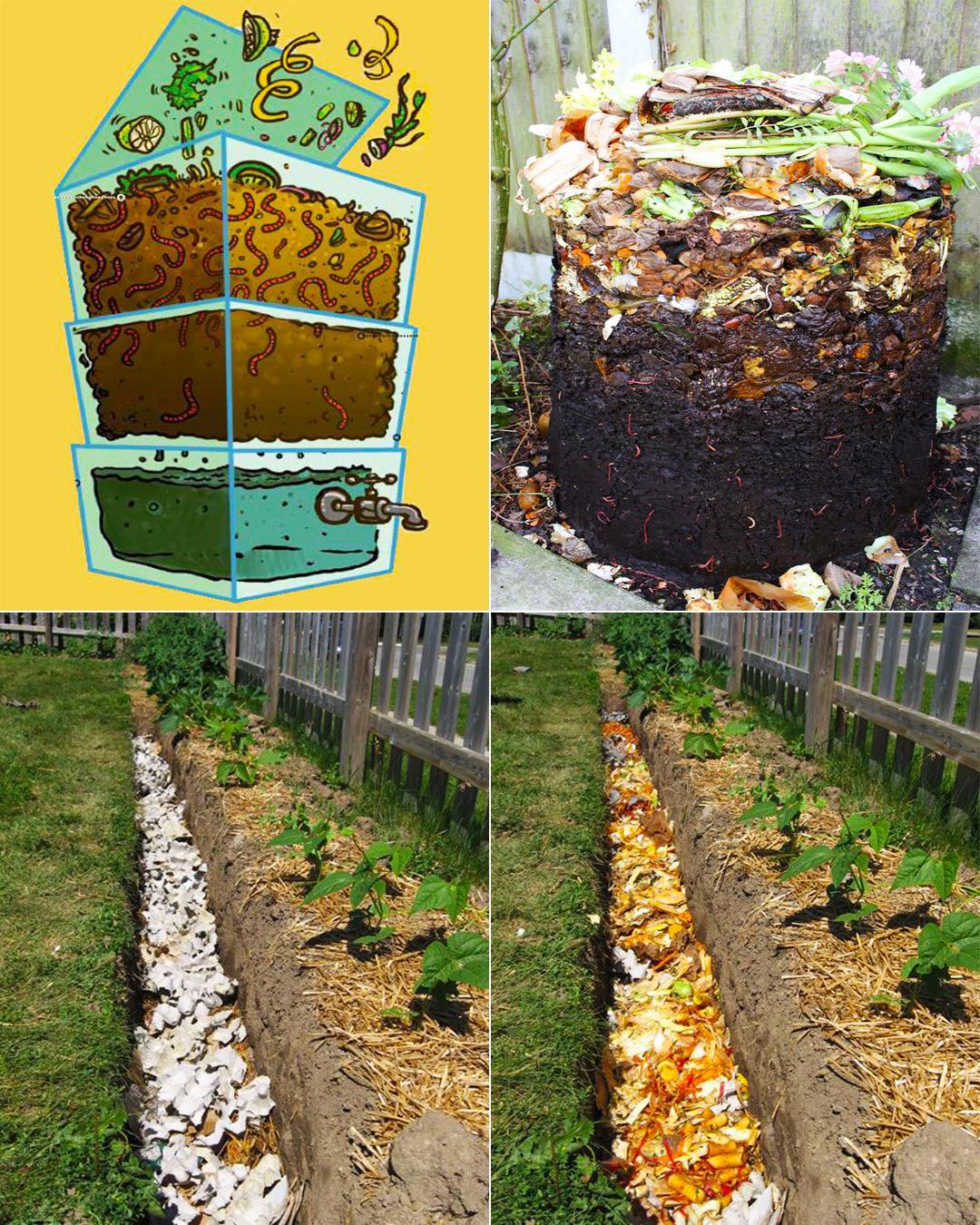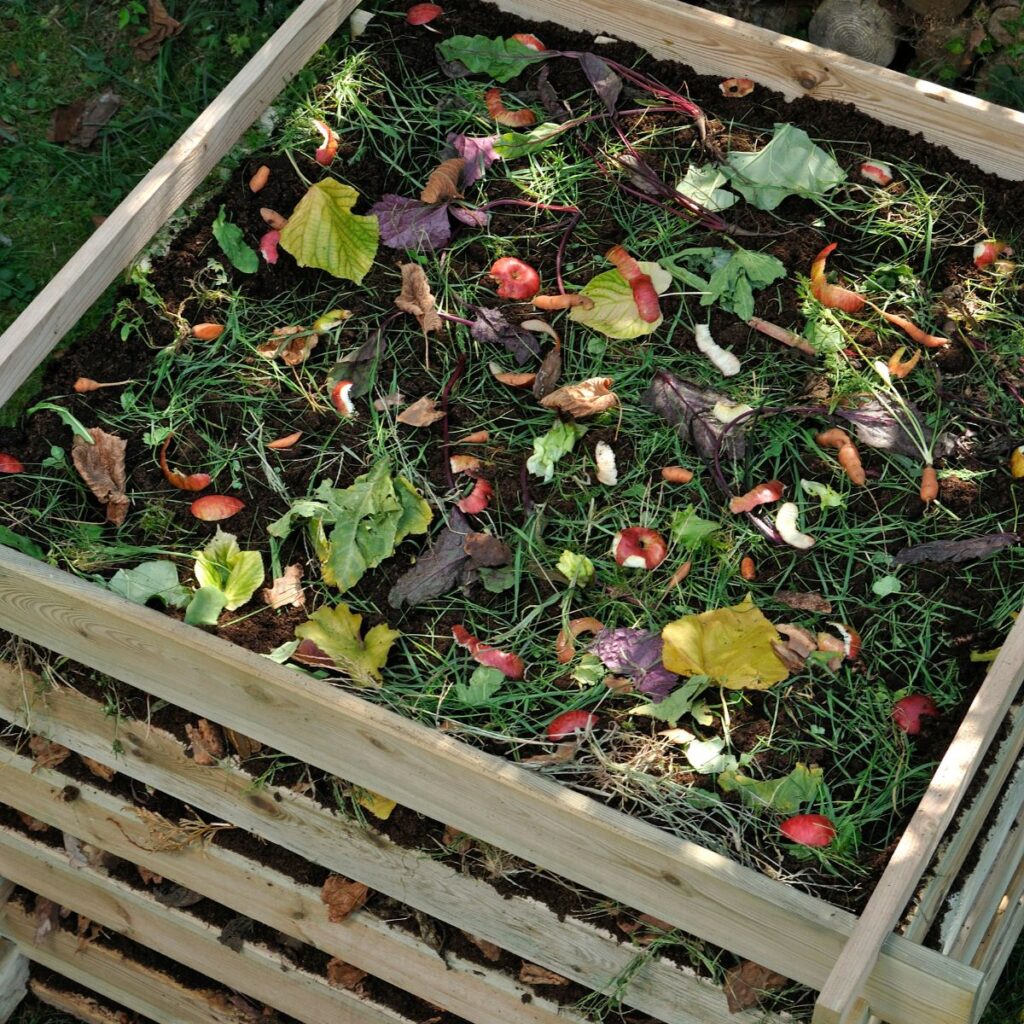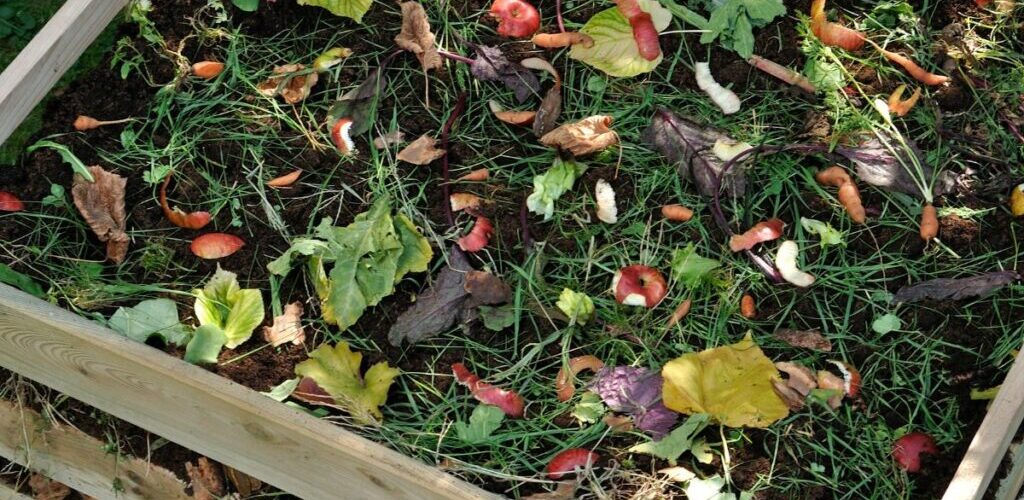The Ultimate Guide to Composting: Transforming Waste into Garden Gold
Composting stands as a cornerstone practice for gardeners seeking to fortify their soil with nutrients, improve water retention, and overall, enhance the vitality of their garden. Whether you’re an urbanite or a seasoned gardener, composting offers a practical solution to recycle kitchen scraps, yard waste, and other organic materials into invaluable compost for your garden. Let’s delve into the what, why, and how of composting, exploring various methods tailored to meet everyone’s needs.
Understanding Composting: Why It Matters
At its essence, composting entails the recycling of organic material into nutrient-rich soil amendment, known as compost. This natural process involves the decomposition of organic matter by microorganisms, insects, and worms, transforming it into a valuable substance that enriches the garden soil. Compost boosts soil fertility, fosters beneficial soil microbes crucial for plant growth, and aids in moisture retention. It serves as a potent tool to enhance soil quality, catering to various soil types, be it sandy, clayey, or anything in between.

Six Composting Methods for Every Gardener
- Hot Composting: The Traditional Approach
- Hot composting involves piling organic matter and allowing it to decompose at elevated temperatures. While efficient, it demands regular monitoring and maintenance to ensure optimal conditions for decomposition. Ideal for dedicated gardeners with ample space and time to devote to the process.
- Cold Composting: The Relaxed Method
- Cold composting offers a laid-back alternative, where organic waste is piled up and left to decompose naturally over time. Though slower than hot composting, it requires minimal effort and is suitable for those seeking a hassle-free composting experience.
- Compost Tumblers: Convenient and Swift
- Compost tumblers streamline the composting process by facilitating easy turning and aeration of compost material. They are perfect for compact spaces and expedite decomposition, though they may entail some upkeep and investment.
- Vermicomposting: Harnessing the Power of Worms
- Vermicomposting employs red wiggler worms to break down organic waste into nutrient-rich compost, known as worm castings. This method is space-efficient, produces high-quality compost, and offers an engaging composting experience, making it ideal for urban gardeners.
- Bokashi Composting: The Fermentation Method
- Bokashi composting ferments organic waste in an anaerobic environment, enabling the composting of materials typically unsuitable for traditional methods. It is quick, odorless, and well-suited for confined spaces like apartments.
- Direct Burial: The Simplistic Approach
- Direct burial involves burying organic waste directly in the garden soil. Though straightforward and low-maintenance, it is a slow process and may attract pests.

Apartment Composting: Making the Most of Limited Space
For urban dwellers or those with restricted outdoor areas, countertop compost bins offer a convenient solution for collecting kitchen scraps. These bins are sleek, practical, and simplify the transfer of scraps to local composting facilities or community gardens.
Embrace Composting: Transform Your Garden and Environment
Composting presents a gratifying journey of converting waste into a valuable resource, benefiting both your garden and the environment. Whether opting for hot composting, vermicomposting, Bokashi, or any other method, the key lies in taking the first step and discovering what works best for you. Composting not only minimizes waste but also revolutionizes your gardening practices, leading to healthier plants and abundant harvests. So, why delay? Dive into the world of composting and witness your garden flourish.



